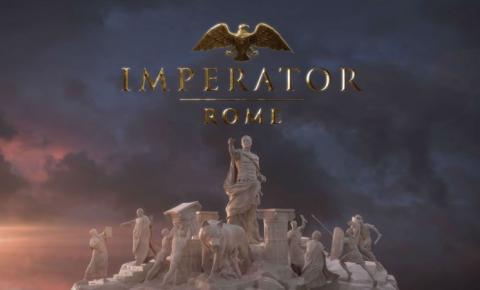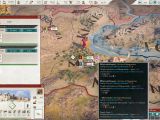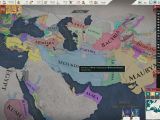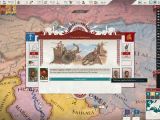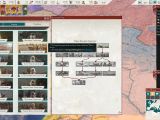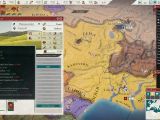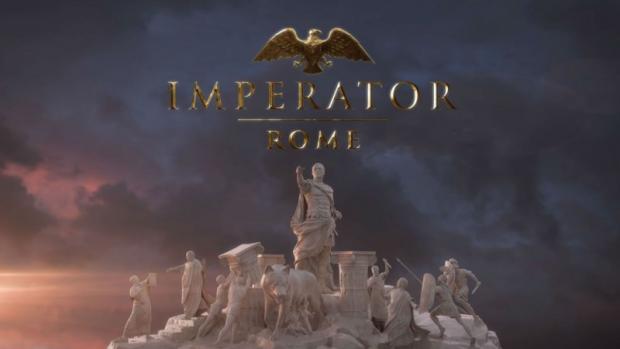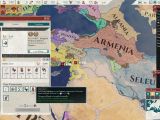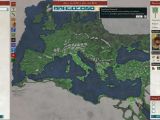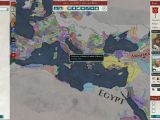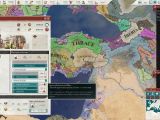I have seen lowly Thrace beat all other successor kingdoms in Asia while losing all foothold in Europe but I have also seen it wiped out first in the massive Diadochi wars. I led Getia to become Dacia and dominate Eastern Europe before failing to the power of Rome after four major wars. I made Carthage the ruler of all the Mediterranean, salting Rome and ruling all of Italy. All of this in Imperator: Rome, a title that has just received both a big expansion and a big free update.
Heirs of Alexander is the major downloadable content for the grand strategy game from Paradox. It arrives alongside the 2.0 update (named Marius), which introduces major changes to the game even for those who do not want to play mainly as one of the successor kingdoms.
The core experience is unchanged: take charge of a wide variety of empires, republics, and tribes of antiquity and guide them to what you consider success. Players need to deal with warfare, appease the gods, manage governors and other characters, improve provinces, boost the economy, see what they can achieve via diplomacy, and more. The most important political entities of the era have bespoke mission trees that can guide players towards objectives but there’s also the freedom to shape a particular nation and its destiny however you want. It is easier and more engaging to play as Rome, Carthage, the various Greek states, and would-be empires, but picking a tribe in Germania or Iberia can also deliver some cool moments.
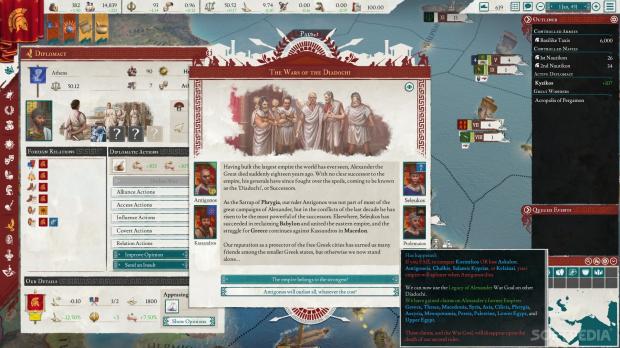
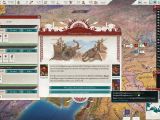
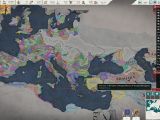
As the name implies the Heirs of Alexander expansion focuses on the massive empires that arise after the death of the conqueror of the known world. They have big territories, solid armies, decent income, and a desire to destroy each other. The expansion has both missions and events designed to create conflict in that side of the world, giving players plenty of occasion for alternate history (very historical empire collapse also happens frequently). The Antigonid Kingdom, Macedon, Egypt, the Seleukid Empire, and Thrace are all fun to play as they try to re-create the empire of Alexander the Great.
But the Marius update, free alongside the expansion, tweaks mechanics for all nations featured in Imperator. Combat is now, initially, based around levies that need to be raised for war, even if this has a big impact on the economy, and are disbanded to obtain some necessary experience. Legions appear later and can only be raised based on certain conditions. It is harder to gain territories quickly and integrating conquered populations is more important. Both computer and player-controlled nations can enter a destabilizing spiral easier, especially when they attract the attention of powerful neighbors.
Research has also been redone, focusing on invention points that are used to unlock innovations, which unlock new options and boost certain stats. Civic, martial, oratory, and religious advances are all featured. A player can focus on all of them equally or push in only one category to best rivals. It is a flexible system that allows for both long-term planning and reaction to specific circumstances.
More military-focused advancements are locked behind the traditions that each state has access to, revealed as more experience is gathered. The building system has been re-balanced which, coupled with a lower world population, makes cities more important when it comes to both economy and strategy. Gamers can even create original wonders, which provide bonuses and appear on the map.
Imperator: Rome – Heirs of Alexander manages to walk the fine line between information overload and prettiness. Zoom in close enough and you can see terrain features, cities, and more, with some lovingly crafted models for armies moving around spreading destruction. Zoom out and you will get good quick info about the strategic circumstances. The game also has a ledger and a full log that’s filled to the brim with detail about what is happening in the world. The game is as close to beautiful as a grand strategy experience can.
The overall user interface design has been improved, making it easier for gamers to manage their small state or their huge empire, although there are moments when events pop up over other events and it gets a little complicated to remember exactly what you are deciding. The embedded tooltips offer plenty of info about mechanics, even if some digging through menus is required to get to some decisions or interactions. The music tracks can be both soaring and quiet and make a good accompaniment for the grand strategy action, as does the rest of the sound design.
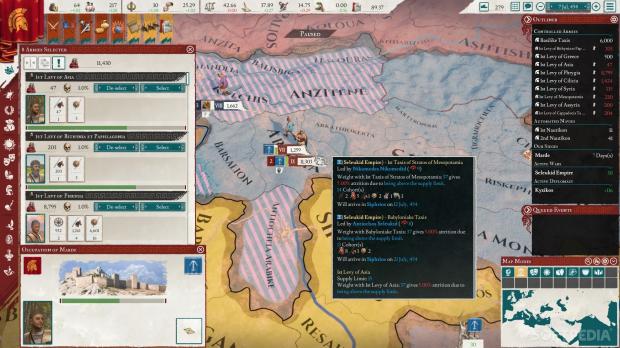
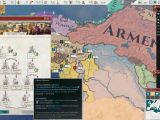

The Good
- Warfare rework
- More focus on population management
- New user interface
The Bad
- Economy needs some more work
- New systems to learn
- Some menu digging required
Conclusion
Heirs of Alexander is a good paid expansion, even considered apart from the free update. The Diadochi wars are fascinating and complex. I played quite a bit as the Antigonids and I still have options to explore. The other successor kingdoms have the same amount of content. For anyone who exhausts the stories of the Diadochi, there's more to discover and more places to conquer when playing as Rome, Carthage, and the rest, making Imperator a joy to return to.
 14 DAY TRIAL //
14 DAY TRIAL // 